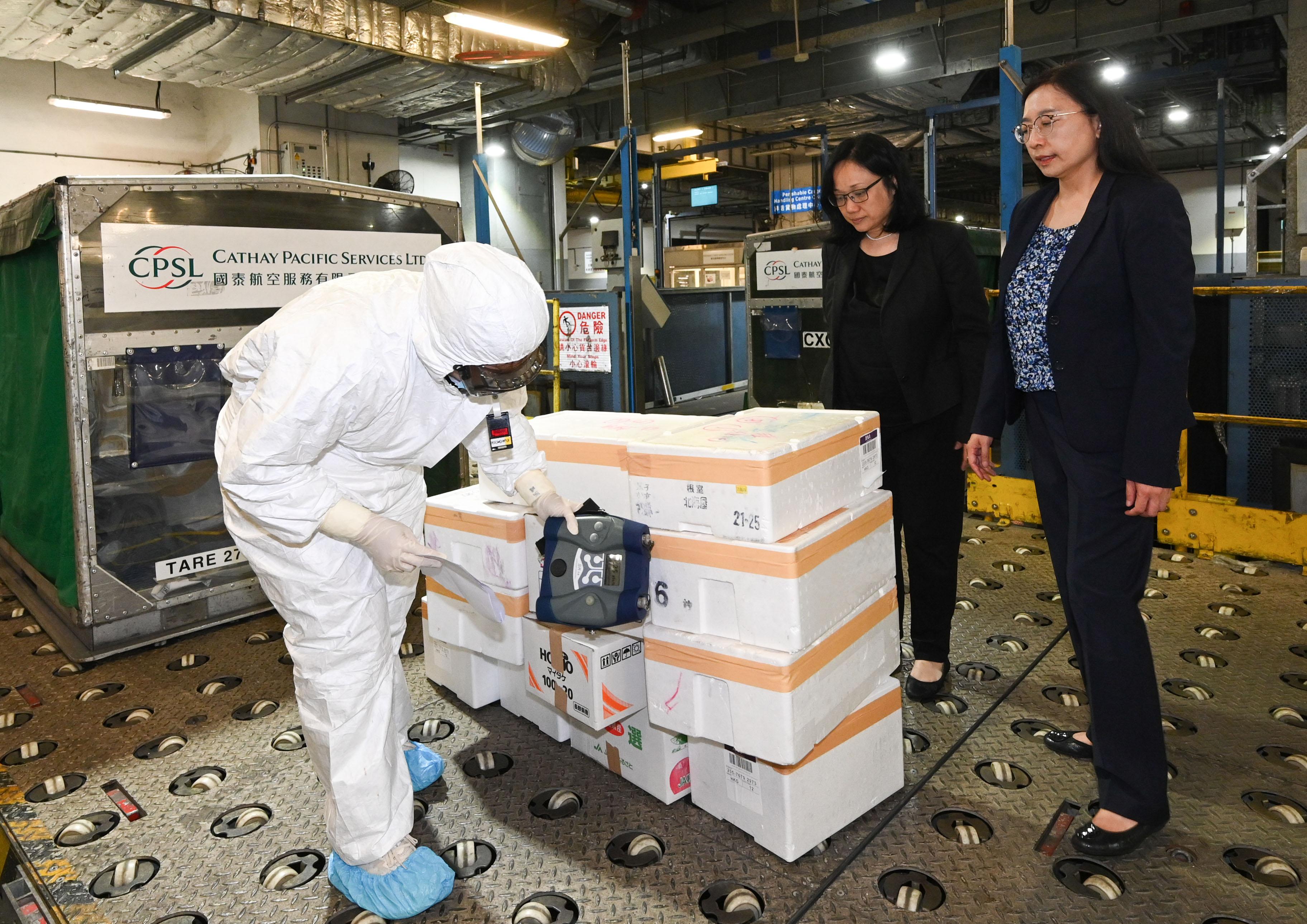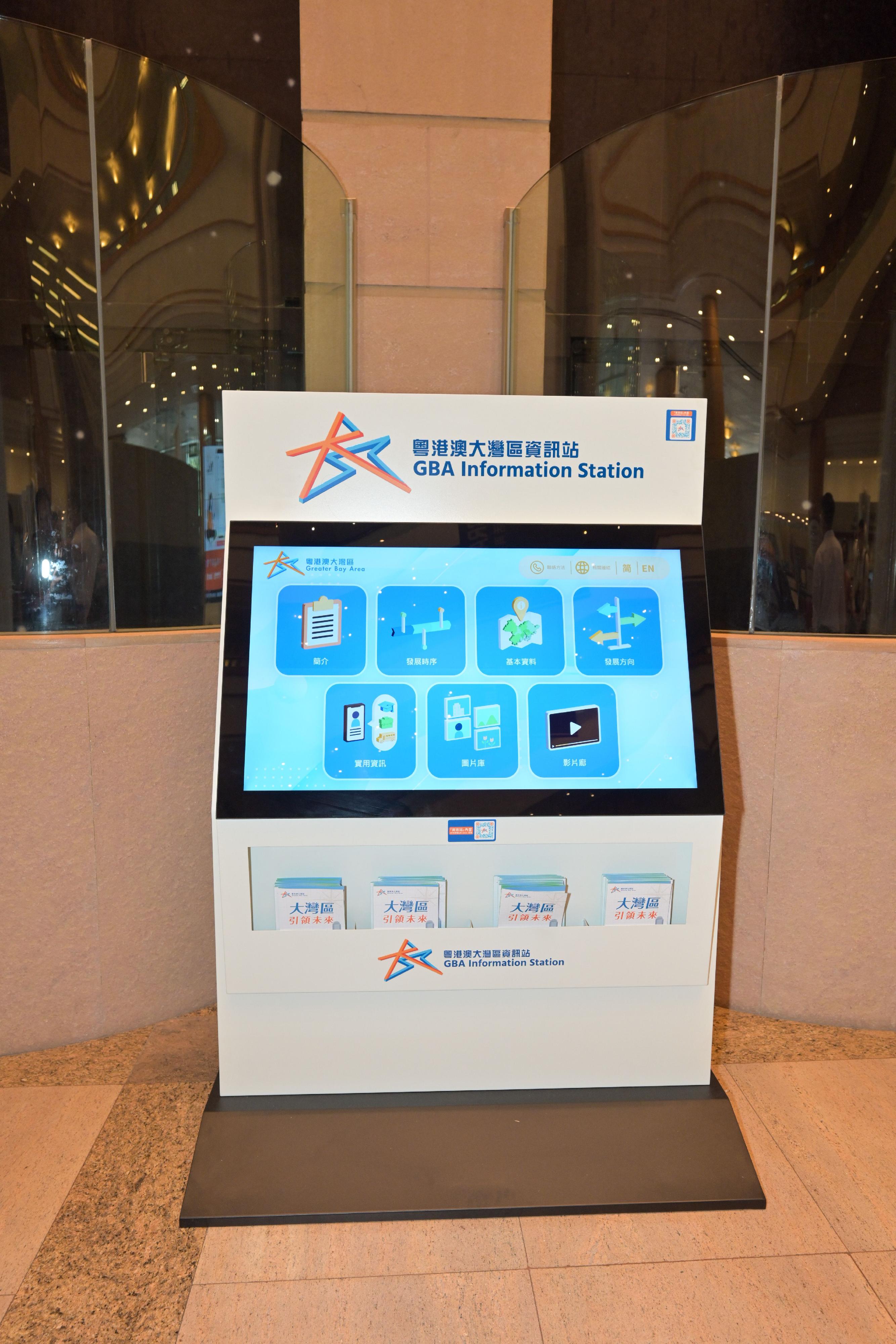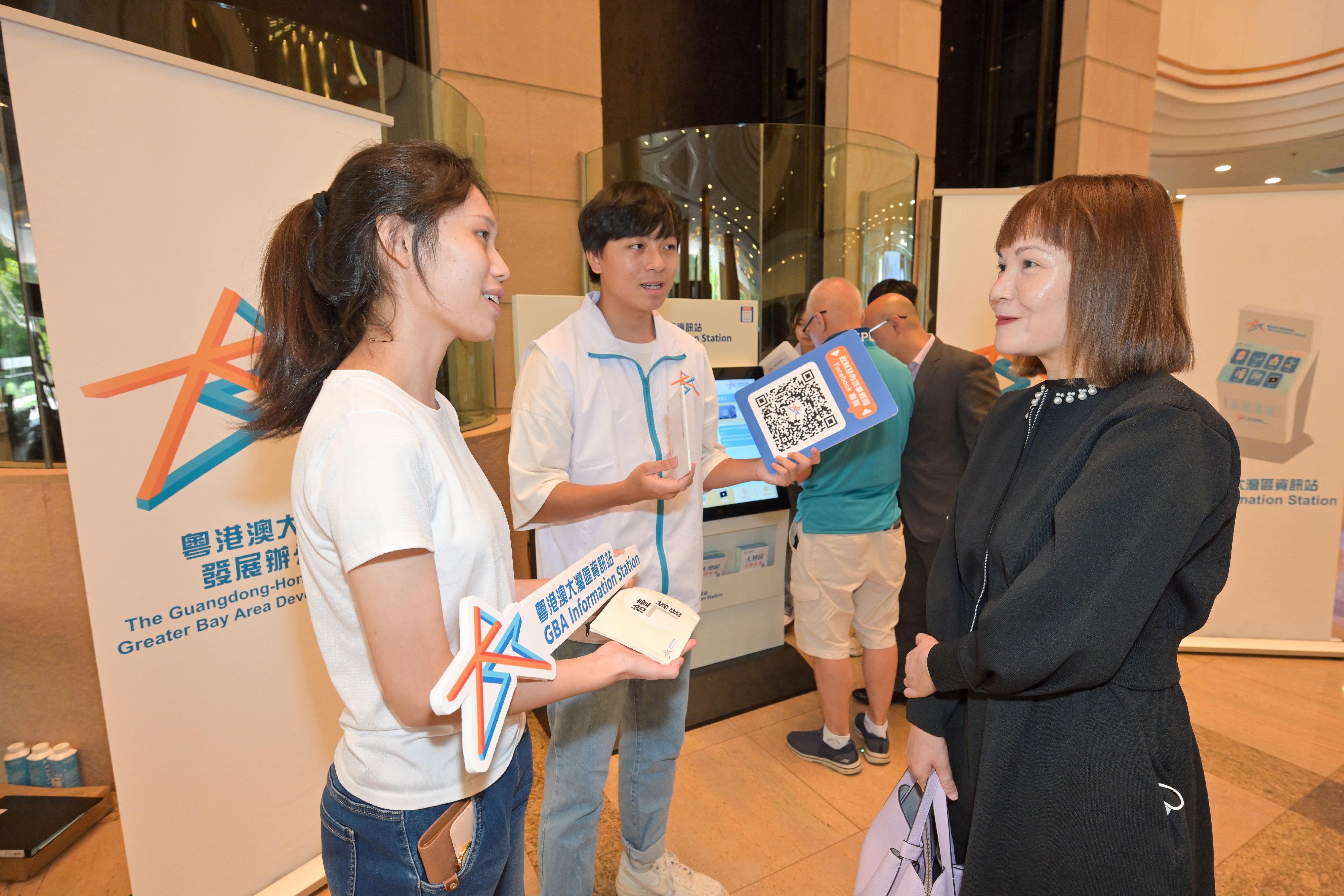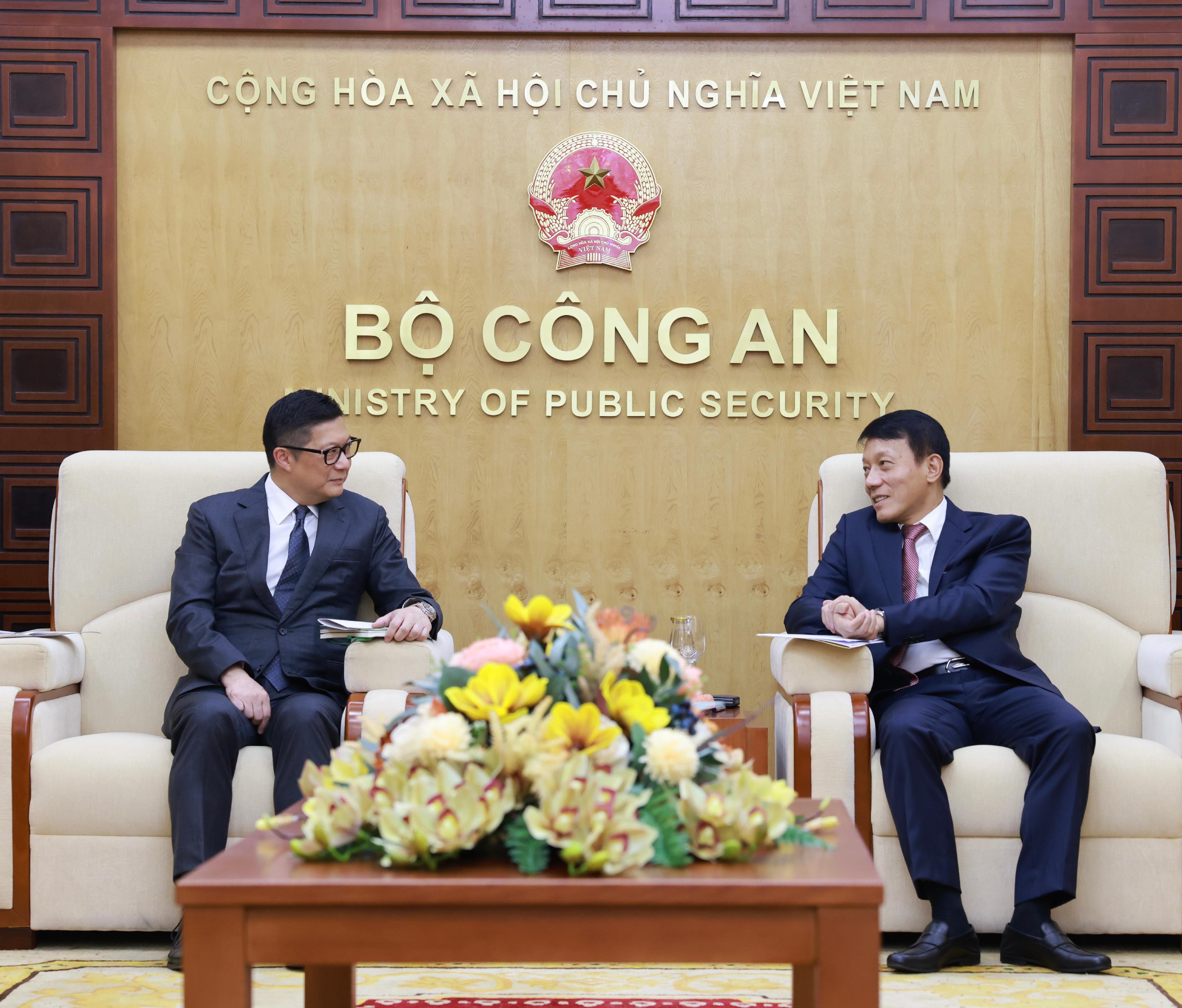​ While the HKSAR Government, from August 24 onwards, prohibits the import of all aquatic products originating from the 10 metropolis/prefectures, the Centre for Food Safety (CFS) of the Food and Environmental Hygiene Department (FEHD) performs its gatekeeping role at the import level and enhances the testing on imported Japanese food. The Director of Food and Environmental Hygiene, Ms Irene Young, accompanied by the Controller of the CFS, Dr Christine Wong, today (August 28) visited the Hong Kong International Airport to observe the consignment clearance and inspection procedures for food products imported from Japan, and the operation of which was generally smooth.
According to the latest Food Safety Order (the Order) issued by the Director of Food and Environmental Hygiene, all aquatic products originating from the 10 metropolis/prefectures, namely Tokyo, Fukushima, Chiba, Tochigi, Ibaraki, Gunma, Miyagi, Niigata, Nagano and Saitama, are prohibited from being imported into and supplied in Hong Kong if they are harvested, manufactured, processed or packed on or after August 24, 2023, including all live, frozen, chilled, dried or otherwise preserved aquatic products, sea salt, and unprocessed or processed seaweed. For other aquatic products, sea salt, and unprocessed or processed seaweed from Japan that are not prohibited from being imported into Hong Kong, the CFS will conduct comprehensive radiological tests to verify that the radiation levels of these products do not exceed the guideline levels before they are allowed to be supplied in the market.
Ms Young visited the cargo terminals of the airport and the Airport Food Inspection Office of the CFS respectively to observe the consignment clearance and inspection procedures for aquatic products imported from Japan. Staff of the CFS demonstrated how the relevant documents (such as air waybill and bill of lading, packing list, etc) and the label of goods as well as the radiation certificate and exporter certificate of the food products (applicable to import control measures that have been implemented before August 24 and non-aquatic products) under regulation are reviewed when they are imported from Japan. If needed, staff of the CFS will also contact the relevant importers to learn more about the situation. In general, information on the place of origin will be carried in the label of goods or the packing list. Aquatic products that are not harvested, manufactured, processed, or packed in the regulated metropolis/prefectures but are simply transited or transported through the regulated metropolis/prefectures on their way to Hong Kong are not under the scope of regulation of the Order.
After reviewing relevant import documents of the food products, staff of the CFS will conduct radiological tests. Samples of the food product that failed to pass the radiological tests will be sent to the Government Laboratory for further laboratory radiological testing. If the testing results are satisfactory, a release letter will be issued by the CFS to the relevant importer for releasing the food consignment. According to current observations, the inspection time for most imported Japanese aquatic products is essentially the same as it has been in the past. The majority of them may be completed in about an hour, and the whole consignment clearance procedures including inspection can usually be completed within three to four hours.
In fact, the CFS has since mid-June expanded the scope of testing to cover all Japanese aquatic products and stepped up tests on related processed food imported from Japan, and has announced on its webpage the radiological testing results of the imported food from Japan for public viewing.
The CFS will continue to maintain close contact with the Japanese food import trade and the catering sector, to communicate on the relevant control measures and latest situation. The CFS will hold the third session of online briefing for relevant sectors tomorrow (August 29) to explain the details of the new measures. Participation by the logistics sector is invited to better complement the logistical arrangements for the imported goods.
Ms Young stressed that food safety is of an issue of paramount importance affecting public health. The CFS will continue to perform its gatekeeping role at the import level, and strengthen its work to explain to the trade about the new measures so as to ensure a smooth operation and safeguard food safety in Hong Kong.









